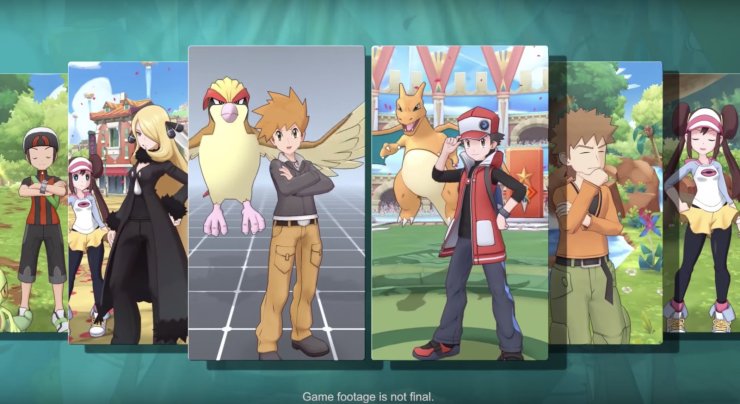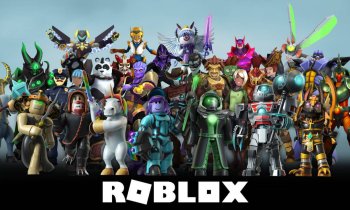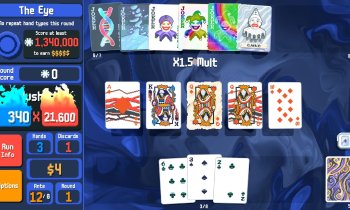At the Pokémon 2019 Press Conference last month, The Pokémon Company announced that it is working on Pokémon Masters, a brand-new mobile game made in partnership with DeNA (the same studio that’s responsible for most of Nintendo's mobile games including Mario Kart Tour, Super Mario Run, and more). While not a lot of information about this upcoming release was revealed at the time, we’ve now finally been able to get an idea of what to expect thanks to an online video presentation from the developer that went live yesterday. Check out the full presentation below:
First off, we know that the game will arrive at some point during this summer on both Android and iOS. No exact release date is confirmed, however, and it’s also unclear whether it’ll launch on both platforms at the same time or on 2 separate occasions. In term of the pay model, it’s described as “free-to-start with purchasable items.”
Pokémon Masters is set in a new region, an island called Pasio. Similar to other games in the franchise, you’ll embark on an adventure across this island and fight gym leaders to obtain badges. However, instead of controlling just one trainer, you actually have three, each with his or her own Pokémon. Together, these are known as "Sync Pairs," and you’ll use them to engage in 3vs3 battles against AI foes throughout the campaign.

The game features practically every major character, Gym Leader, and rival from the franchise. According to the developer, there are be 65 Sync Pairs upon release, and more will come post-launch as well.

But unlike the traditional turn-based combat system of the mainline games, Masters' battles take place in real-time. There’s a “move gauge” that gradually fills up over time. Once it’s full, you can tap on an attack to unleash it. There are also powerful Sync Moves that you can do to deal more damage. Additionally, trainers now have their own moves as well, allowing them to support their Pokémon by increasing their stats or restoring their health.
Pokémon Masters will come with support for English, Spanish, French, Italian, German, Traditional Chinese, and Japanese. For more information, stay tuned!










Comments